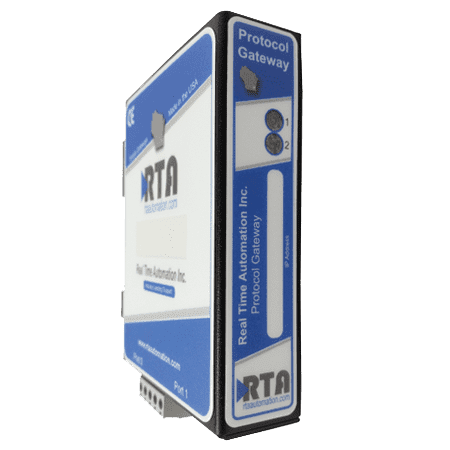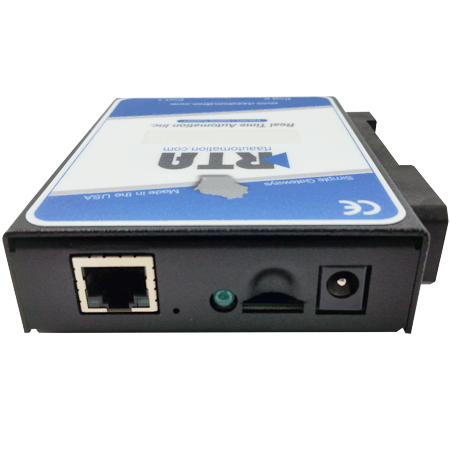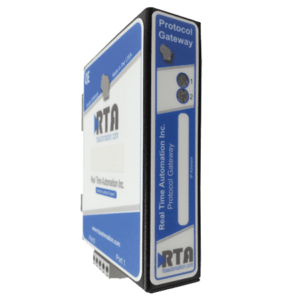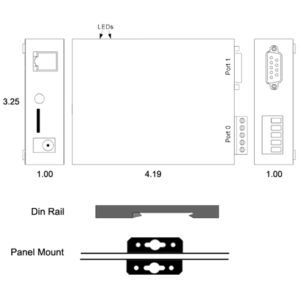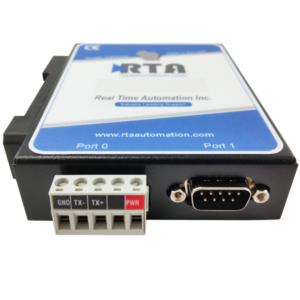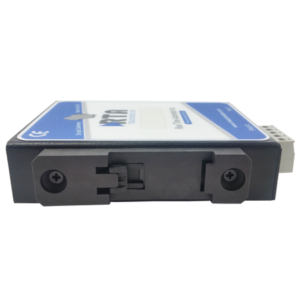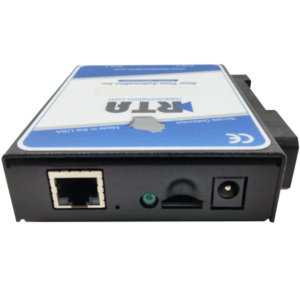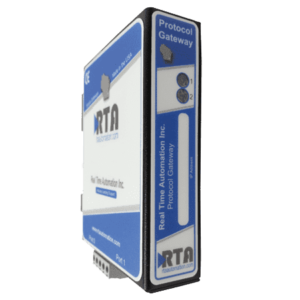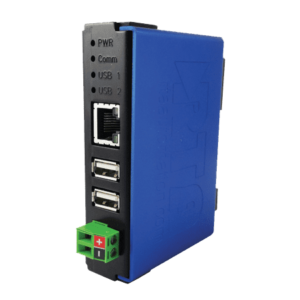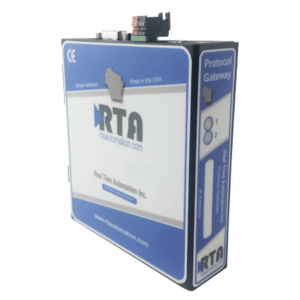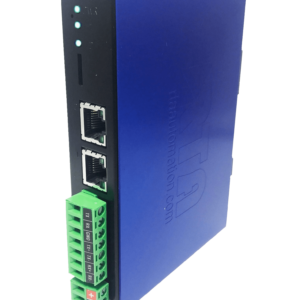Connect an Ethernet/IP PLC to a DeviceNet PLC
The easiest way to connect a legacy DeviceNet controller to an EtherNet/IP PLC
460ESDS
$NZD 1,435.21 - $NZD 1,488.03
Please note, site orders are made via credit card. Please contact sales@techstep.co.nz if you require support to purchase directly.
Product Description
The Smart Way To Move DeviceNet Master Data to an EtherNet/IP Scanner
The 460ESDS moves data between a DeviceNet Master device and an EtherNet/IP Scanner device. It’s the perfect tool to connect Legacy DeviceNet Controllers to your new EtherNet/IP PLCs.
How Do I Use the 460ESDS in My Application?
Up to 240 bytes of data from your EtherNet/IP Scanner will be mapped into your DeviceNet Master. Data will be assigned a type of BIT8, BIT16, BIT32, INT8, INT16, INT32, INT64, UINT8, UINT16, UINT32, UINT64, Float, or Double and will presented to your DeviceNet Master as DeviceNet data. When writing from your DeviceNet Master to your EtherNet/IP Scanner, up to 240 bytes of DeviceNet data will be mapped to up to your EtherNet/IP Scanner as EtherNet/IP data.
It’s really that simple. Need to modify your data as it passes from one protocol to the other? No problem. Each data mapping you apply can be modified with up to 3 mathematic functions. Add 4 to a value, multiply by 4 and divide by 10 with ease.
Why Use Real Time Automation as a Gateway Supplier?
The 460ESDS provides an option to connect an EtherNet/IP Scanner device to your DeviceNet network. While there are certainly a number of other companies offering stand alone gateways, there is no one who provides the level of support and service that you receive from RTA.
When you call, a live person answers the phone. When you talk with sales, you will get honest answers and recommendations even if that means recommending someone else’s solution. When you get support, it is from an engineer who had a hand in the product’s development, and support doesn’t require a ticket or 24 hour wait. We are unashamed of the fact that we are a smaller company because that means you mean a lot more to us.
Try the RTA difference today and give us a call at 1-800-249-1612
- Manual
- 3’ power cable with flying leads
- 5-year hardware warranty
- IPSetup software — automatically locates RTA gateway on the network
- Unlimited firmware feature upgrades for life
- CAT5 cross over cable for direct connection to PC during programming
- Complete, unlimited access to our industry leading support staff
DeviceNet Slave Features
DeviceNet Operation Modes: DeviceNet SlaveSupported Data Types: Int8, int16, int32, int64, uint8, uint16, uint32, uint61, float, double float, binary8, binary16, binary32
Maximum Connections: 1
Maximum Input Size: 240 Bytes in up to 15 Data Groups
Maximum Output Size: 240 Bytes in up to 15 Data Groups
Ethernet/IP Adapter Features
Operation Modes: EtherNet/IP AdapterMessage Support: Implicit, Explicit UCMM
Data Types: BIT8,16 & 32; INT8, 16, 32 & 64; UINT8,16, 32 & 64; Float & Double
Maximum EtherNet/IP Scanner Devices: Up to 10 can listen, only one can write I/O
Max Data Per Adapter Connection: Up to 480 bytes in each direction
Gateway Security
You can configure up to nine different users with access to diagnostic and configuration screens.
Alarming
Set <, <=, >=, >, ==, !=, and Change-of-State rules on any data moving through the gateway. If alarm rule is triggered an email notification can be sent.
Translation Table
Allows for data manipulation during protocol translation. Scaling and other data format changes can occur in the gateway.
Status and Counters
Protocol specific status, counters and error messages are accessible within the gateways diagnostics page. They can also be delivered to a connected device.
Diagnostic Logging Page
Allows users to see and log start up sequences, protocol specific messages & error messages.

